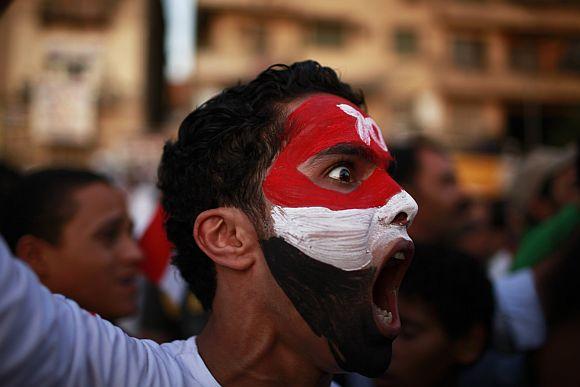
Post-Mubarak Egypt holds the answers to how democracy will evolve in the Muslim world, writes Shahid Javed Burki
After decades of being dominated by autocratic political systems, big parts of the Muslim world are now moving towards democracy.
This is happening in five large countries that together account for a significant proportion of the Muslim population.
Both Indonesia and Bangladesh have settled comfortably into democratic styles of governance.
However, the process is more advanced in the former than in the latter, even though minorities have yet to receive full rights.
...
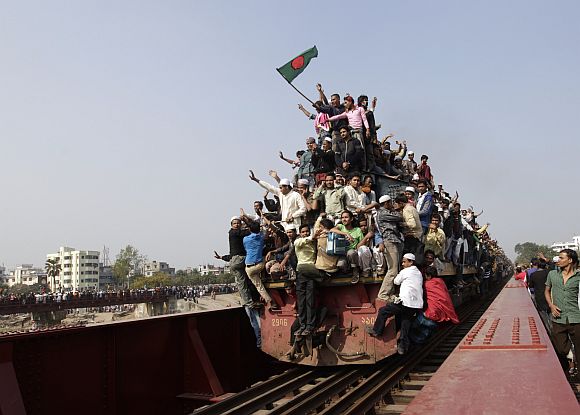
In the case of Bangladesh, the two-party system, which dominates the structure of politics, is still evolving. The parties have not found a way of working together in a tension-free environment.
This is one of the prerequisites for successful democratic politics and may happen over time as the young country gains more experience of living with democracy. There is growing tension between the two parties as they prepare for the general election 18 months away.
In Pakistan, the second-largest Muslim nation, the process of transition is still underway.
The main issues are the role of the military and the relationship between the provinces and the federation when different political parties govern in the country's capital and in the four provinces. Even though Islamic extremism has grown deep roots in the country's soil, those who follow that line of thinking make up only a small fraction of the population.
...
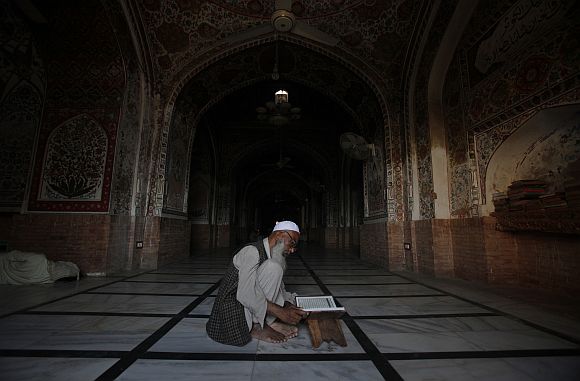
It is highly unlikely that political Islam, which has always operated from the margins of domestic politics, will have a prominent role in the system as it continues to evolve.
At this moment in Pakistan's history, it is ethnic differences that pose a real existential threat to the country, not the dreaded takeover of the state by Islamic extremists.
Turkey, along with Indonesia, has made the most progress in the Muslim world in reconciling Islam with politics. This has happened under the leadership of the Justice and Development Party's Recep Tayyip Erdogan, who has served as prime minister for almost a decade and has won three elections.
He has broken through the deep prejudice against Islamic forces on the part of the narrow, highly westernised elite that dominated the country's political system since the establishment of a "new Turkey" after the collapse of the Ottoman Empire.
...
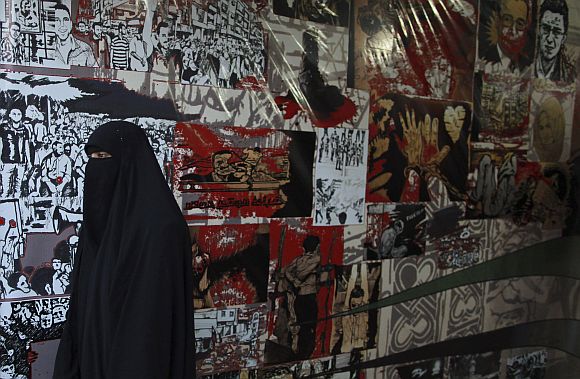
Leading the way towards the westernisation of Turkey was the founder of the new republic, Mustafa Kemal, a general who successfully fought the western powers as they attempted to dismantle the Ottoman Empire centred around Istanbul.
What has made Erdogan the most popular leader since Kemal Ataturk is Turkey's economic performance. Under him and his competent ministers, Turkey now has one of the highest rates of economic growth in the world.
It is in Egypt, the largest country in the Arab world, that the real battle will be fought between political Islam and secularism. The first round of presidential elections in late May has put the candidate supported by the Muslim Brotherhood at the top of the list of contenders.
A former prime minister who served ex-president Hosni Mubarak came in second.
...
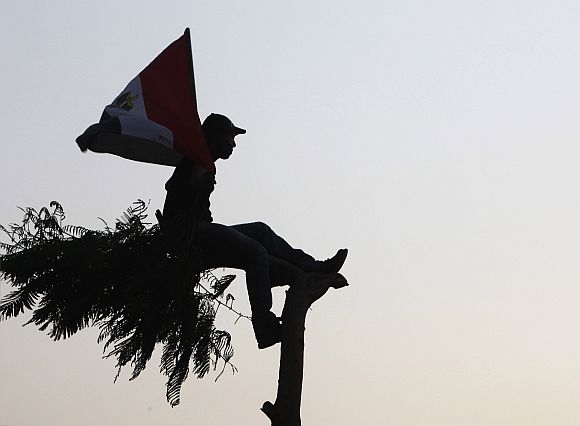
The June run-off will, therefore, be between the old guard and the candidate that has the support of the Islamists. Some fear that this outcome has polarised Egyptian society and drained off the hope that galvanised young people in their campaign against the regime.
Why is the Muslim world moving in different directions in defining the role of Islam in politics? What is likely to happen once political Islam carves out an important place in the developing systems?
And will the political parties that draw their inspiration from the Koran and Islamic history continue to be supported by citizens once the new systems of governance begin to take shape? These are important questions, and it is important to answer them in order to understand the scope of change in the Muslim world.
That the four largest countries in the Muslim world are moving in different directions to define the role of Islam in politics suggests that the conventional view about the political evolution of this part of the world was not correct.
Those who dominated these countries for decades did so in part because they argued that Islam-dominated Muslim countries, many of them rich with resources badly needed by the global economy, would be disastrous for the West.
...
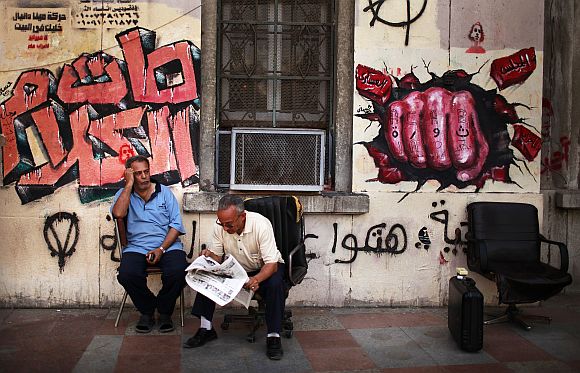
However, that argument eventually became hollow. Rule by strongmen was discredited by the way the autocrats who held power for decades actually governed.
The Arab Spring, by dislodging several long-serving regimes and threatening others, showed that people power could be made to prevail even over ruthless state-controlled security forces.
Turkey became a role model by convincing the doubters that Islam, democracy and economic development could cohabit. Now each of the many countries engaged in this process of transition will follow its own course, dictated by its own circumstances.
There is no Islamic polity that is universally applicable.
Egypt will provide the answer to the question whether there can be a peaceful transfer of power from a system that kept Islam at bay by appealing to the West for support to one more firmly grounded in domestic politics.
At this point, there is great disappointment among the forces that brought the Arab Spring, who believe they have been left out of the political equation. However, if they show patience and let representative democracy take hold, they have a good chance of working their way into the evolving system.
All in all, the political evolution of many Muslim societies should give hope that these countries are finally moving towards systems that follow universally accepted norms, not the dictates of their faith.
The writer is a former finance minister of Pakistan
...
Photographs: Suhaib Salem/Reuters